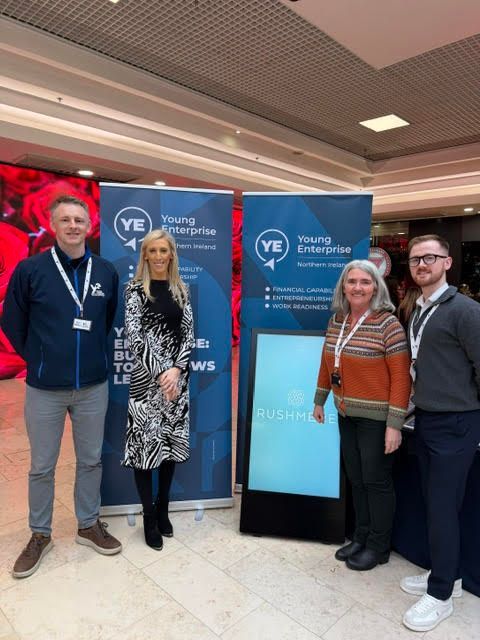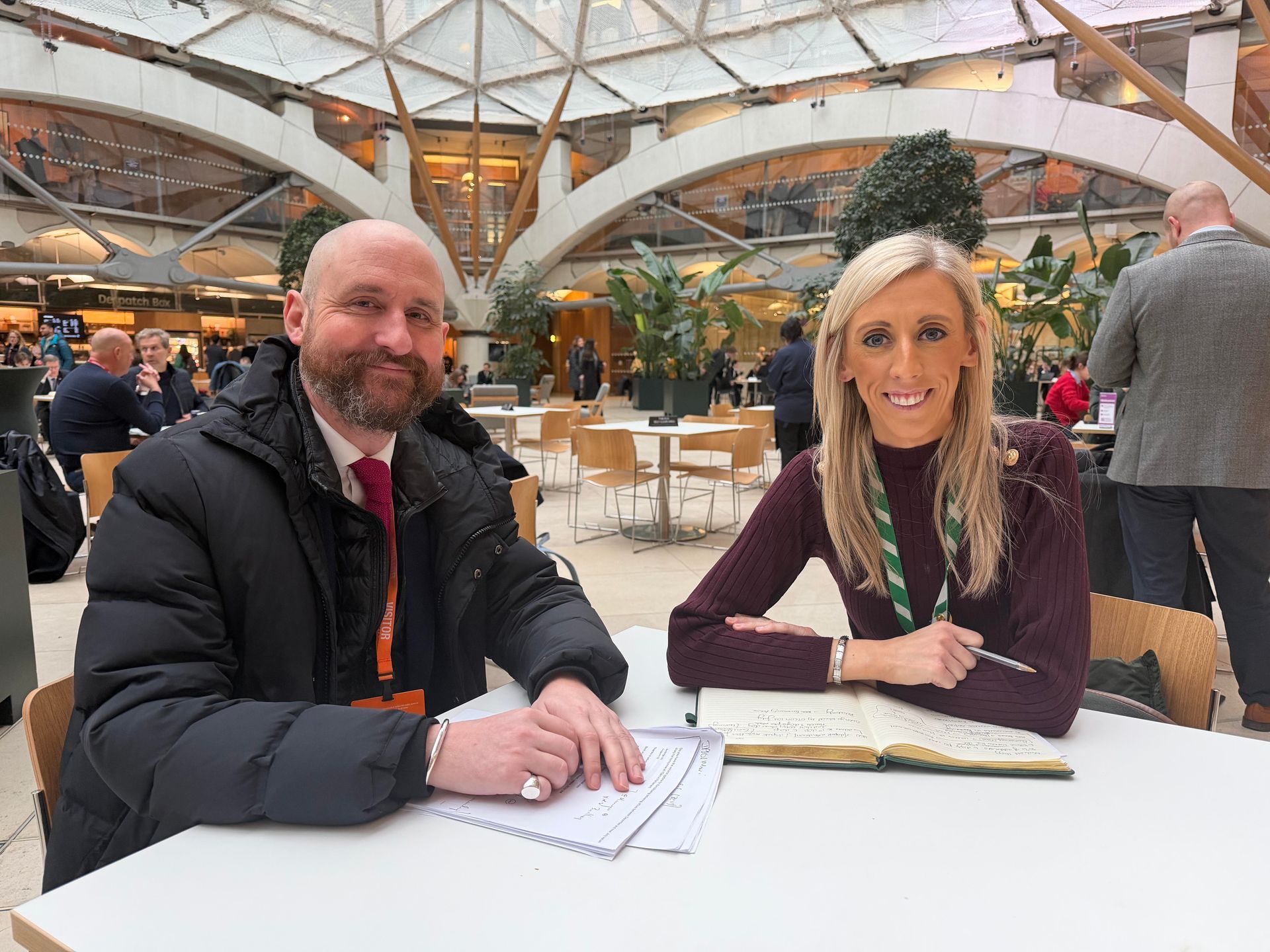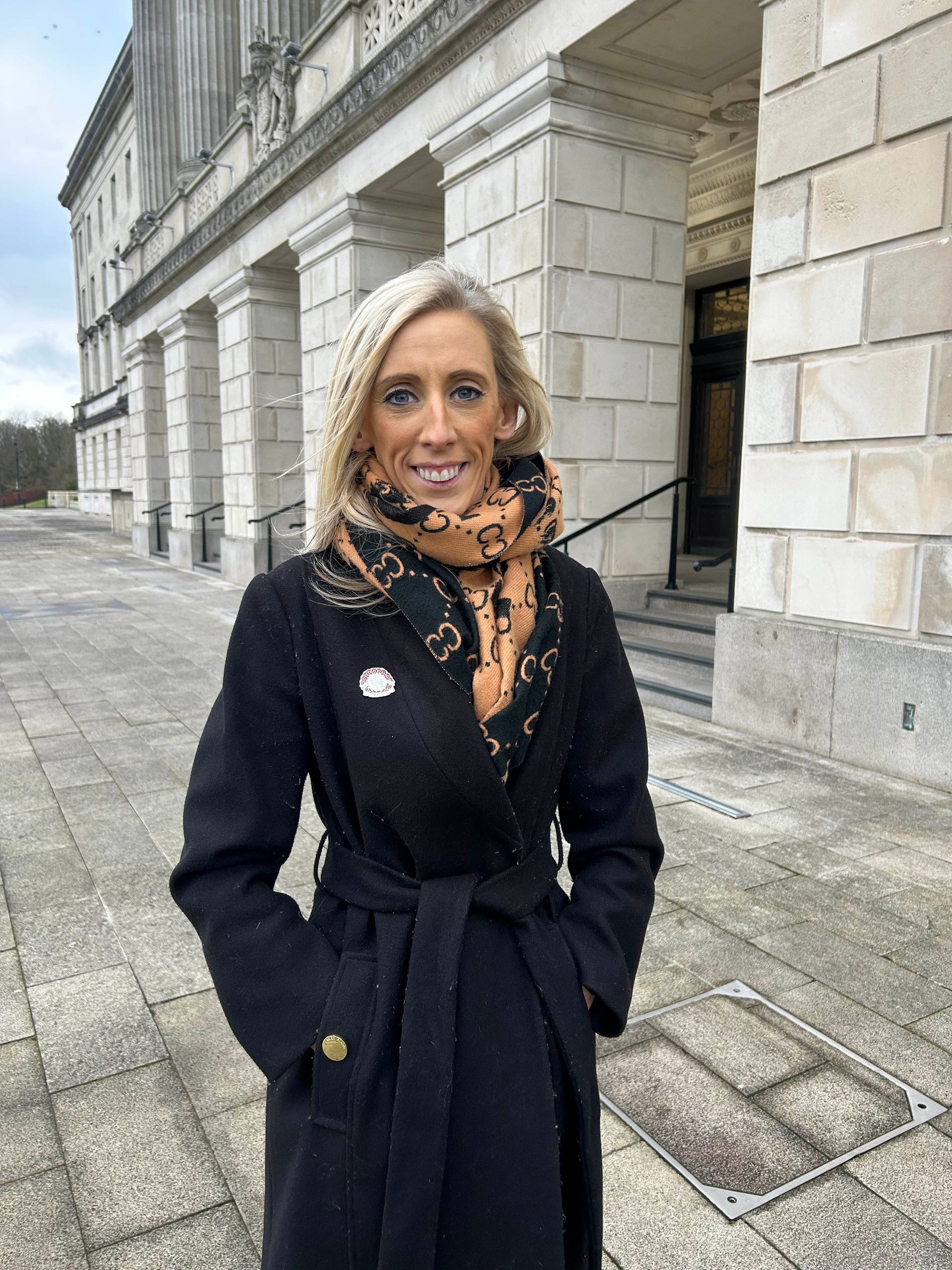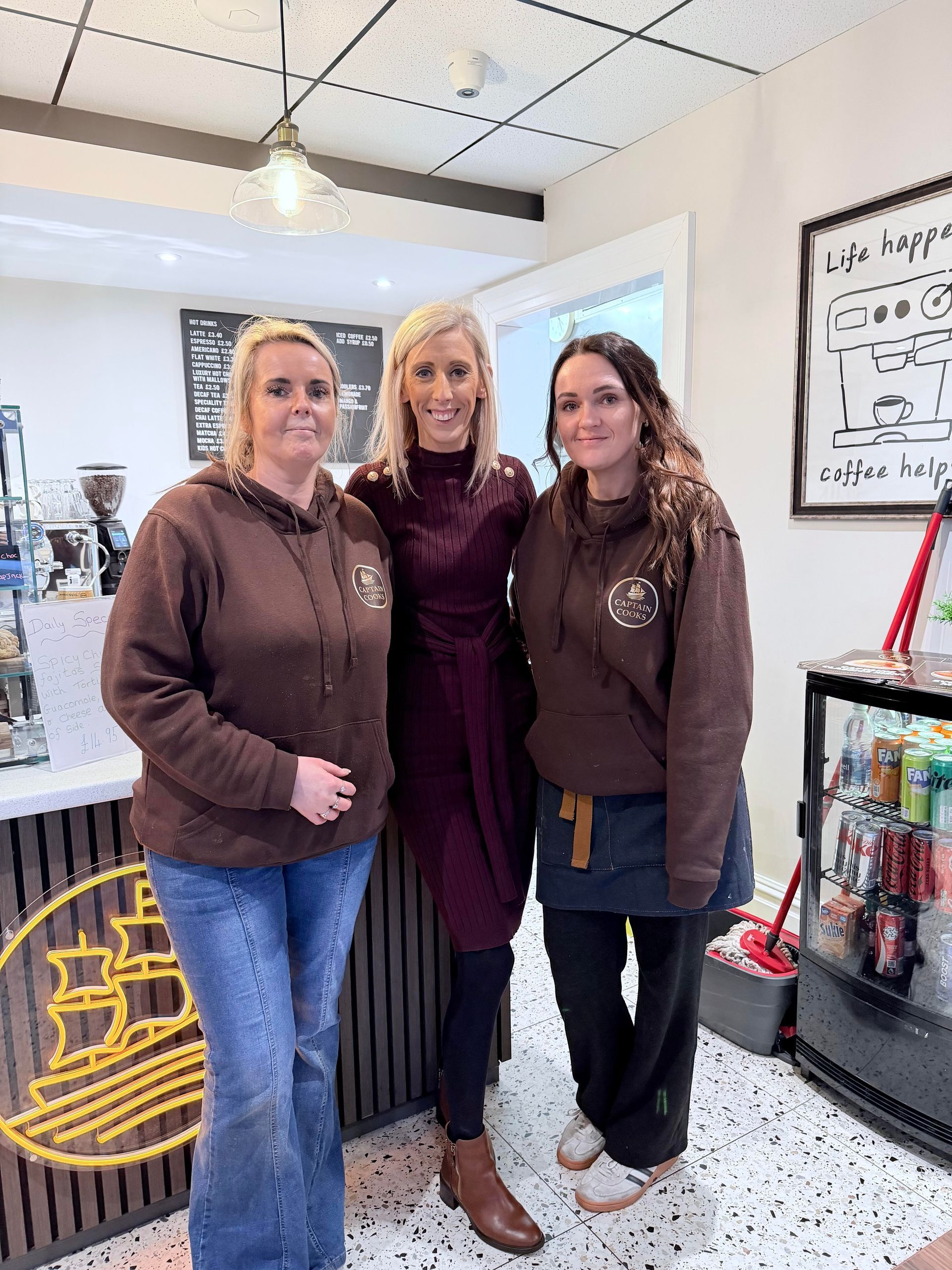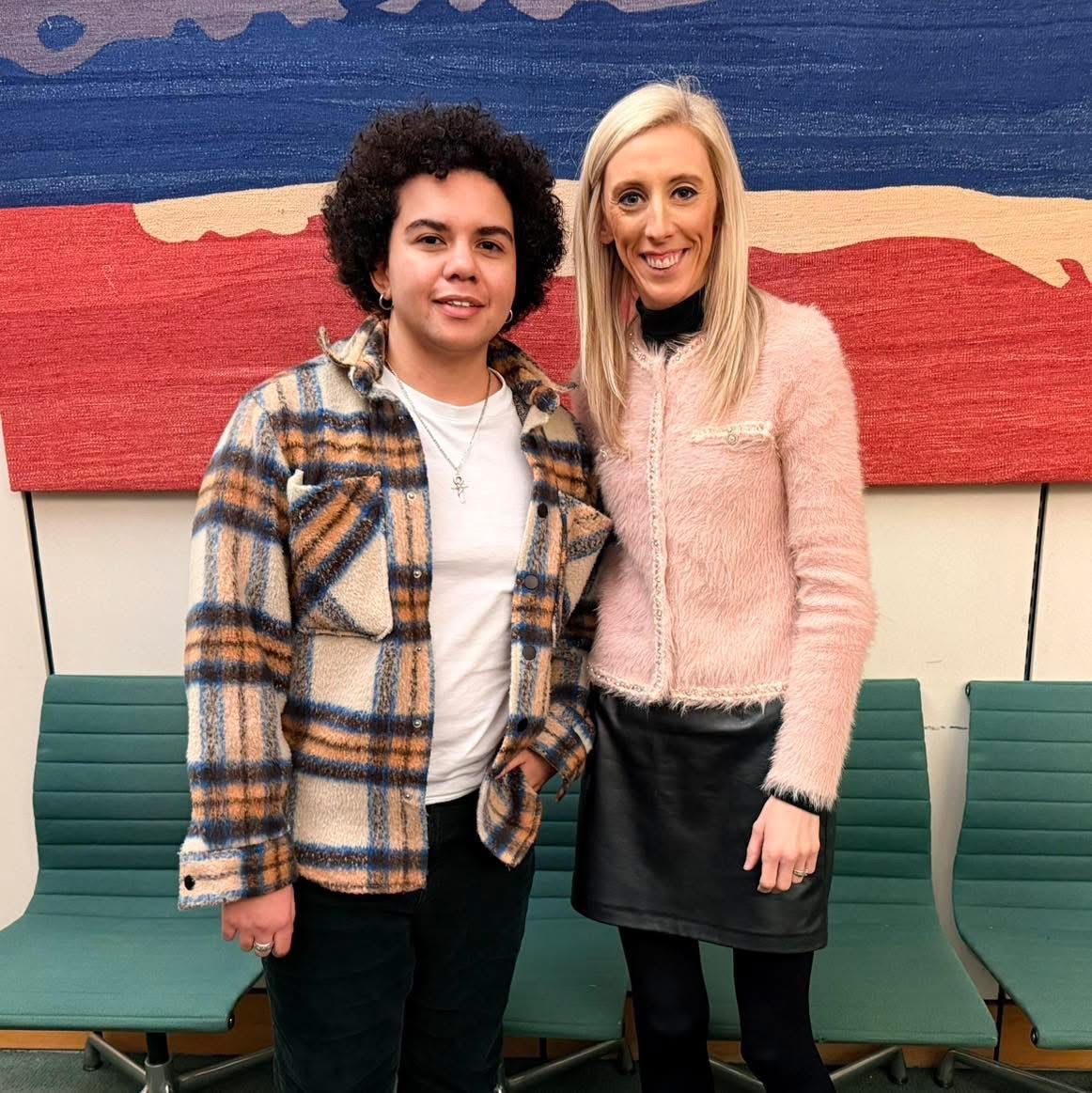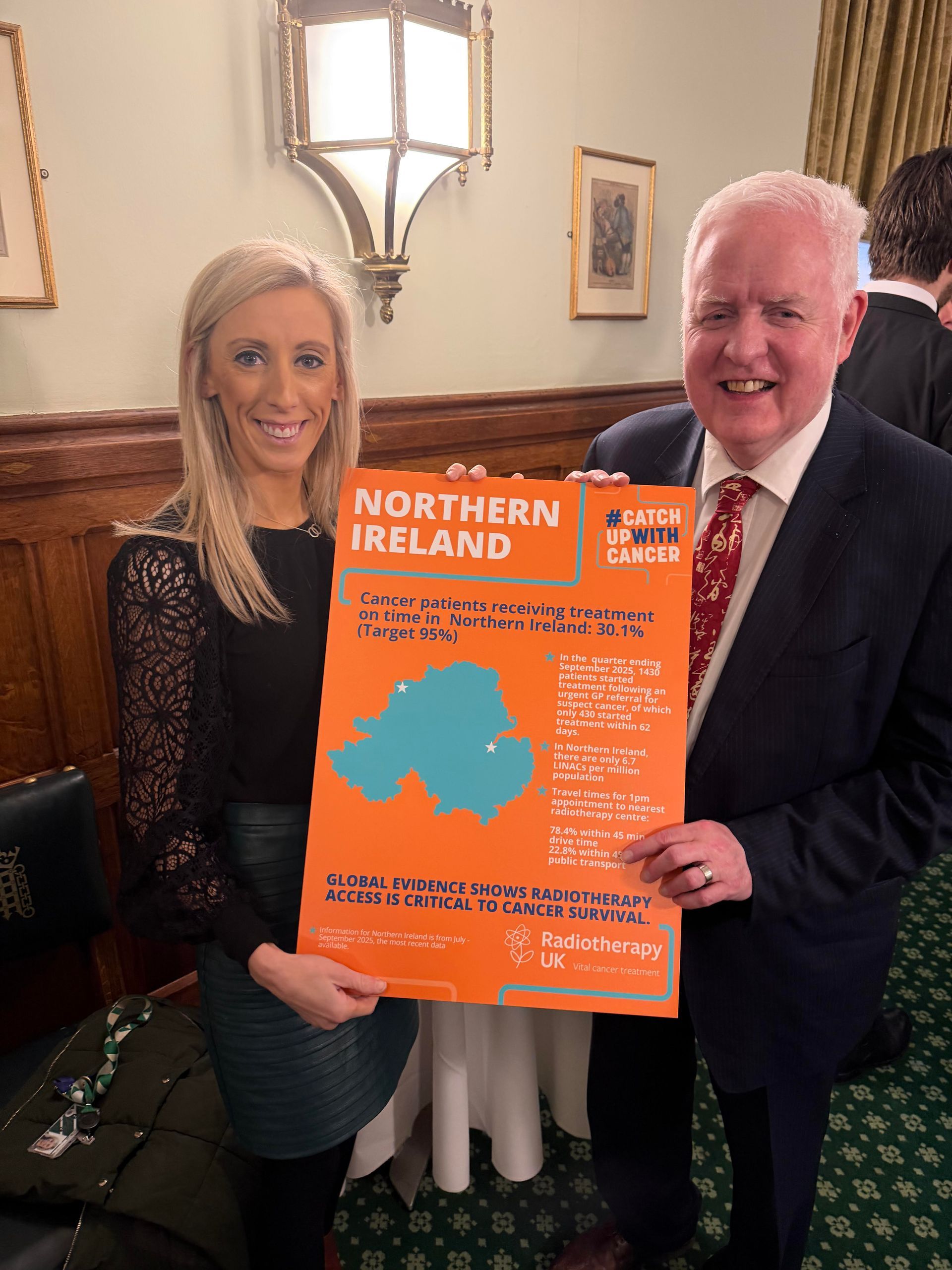Upper Bann MP attends NSPKU Parliamentary Drop In
The National Society for Phenylketonuria (NSPKU) hosted a drop in event in Parliament this week. The DUP MP was pleased to represent the people of Upper Bann and support those living with the metabolic condition phenylketonuria (PKU). People with PKU cannot metabolise phenylalanine, an amino acid found in protein foods. This builds up to levels that are toxic to the brain. PKU is diagnosed by the “heel prick” new-born screening test. PKU is a treatable condition but if not correctly treated it results in severe and irreversible brain damage. Treatment by restricted diet has been shown to be effective. People born with PKU who receive the correct treatment can now have the same educational and career goals as people without PKU. The standard treatment for PKU is a low phenylalanine diet. The PKU diet involves removing almost all natural protein from the diet and utilising prescribed medical dietary products to ensure adequate nutrition. The PKU diet is complex and very restrictive. Many patients find it difficult to adhere to dietary treatment. Unfortunately drug treatments for PKU are already licensed but are not yet available in the UK on the NHS. Research into PKU and new treatments is still ongoing.
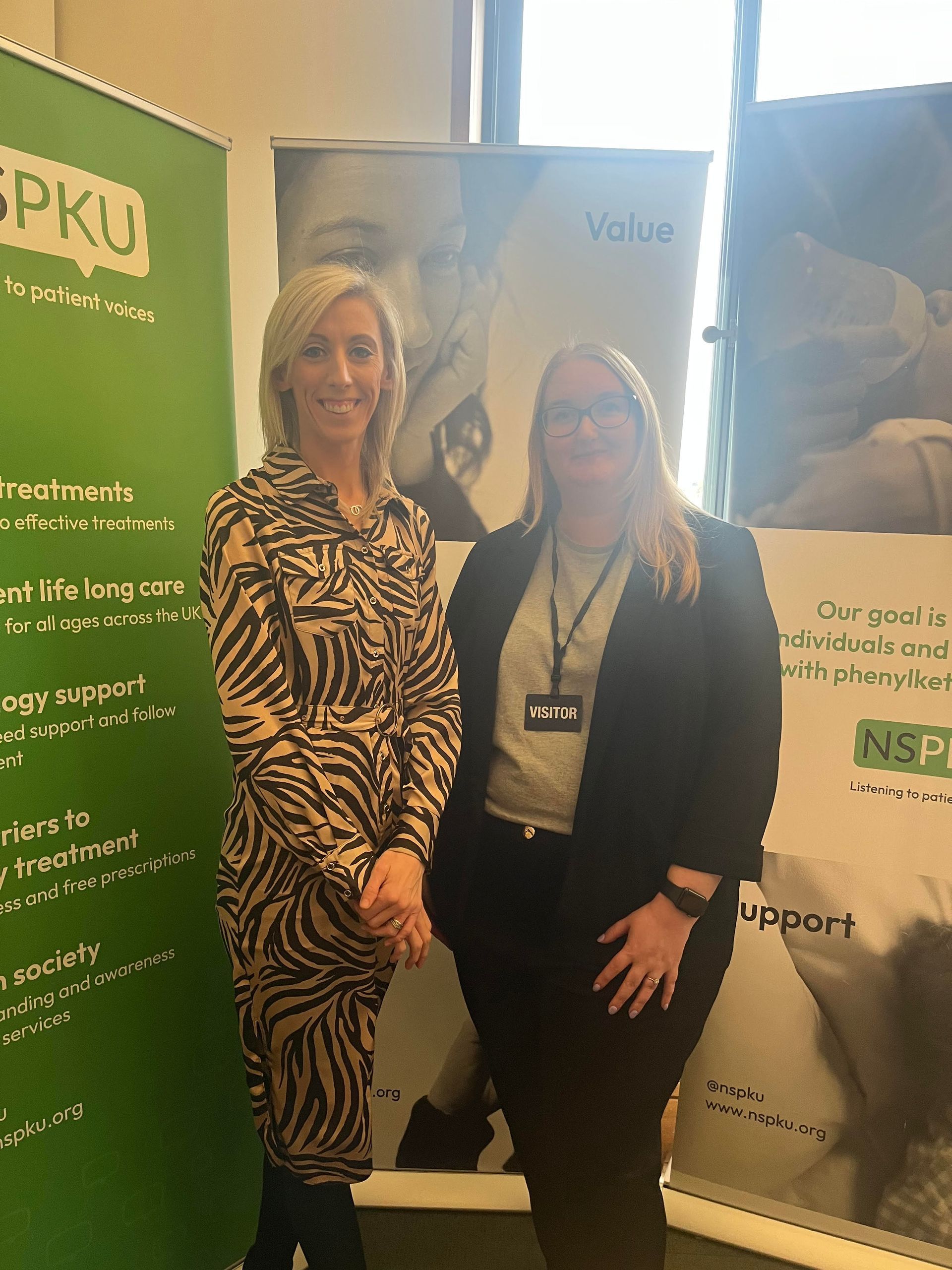
Speaking after the event, Carla Lockhart said:
“Having been approached by the a number of Northern Ireland families who suffer from this condition I wanted to attend the event to better educate and lend my support to their quest for better awareness, more support and ensuring that the licenced drugs are made available on the NHS.
I valued the opportunity to engage directly with individuals and families affected by this metabolic condition and found the session very informative.
I am pleased to see that progress has been made in providing access to the new treatment Kuvan for individuals with PKU. However, it is disheartening learn that many people still lack access to modern treatments that could significantly improve their quality of life. The disparities in access to care highlight the urgent need for continued advocacy and action in this area.
It is a relatively “rare condition” and as such there is a real need to advocate for equitable access to treatments and resources for individuals living with PKU across the UK.
Every person deserves access to the care and support necessary to manage their condition effectively. I commend the NSPKU for their tireless efforts in raising awareness, providing support, and advocating for the needs of individuals with PKU."
Share
